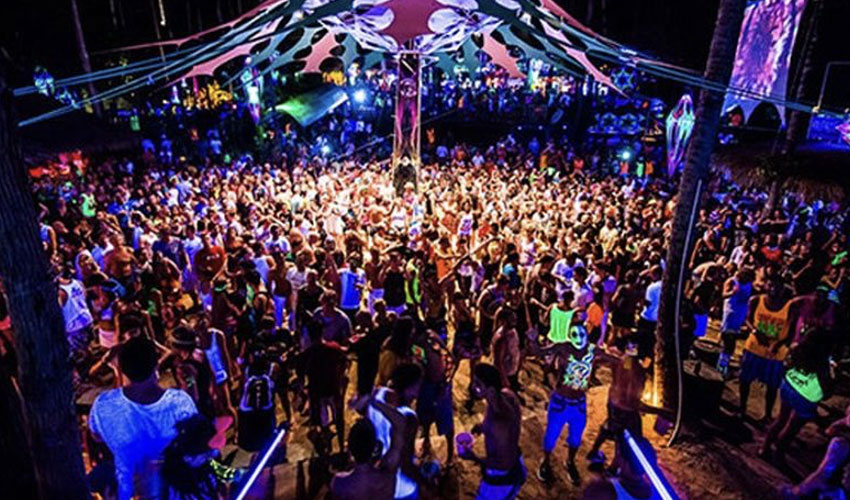MDMA, also known as ecstasy or Molly, is a synthetic drug that alters mood and perception. While it’s often associated with parties and music festivals, its misuse can lead to serious health problems, including addiction. MDMA abuse poses serious risks to both physical and mental health. Recognizing the signs, symptoms, and withdrawal of MDMA abuse is crucial for early intervention and effective treatment. Remember, recovery is possible with the right support and resources. MDMA withdrawal symptoms are challenging, but with proper care and support, individuals can overcome addiction and reclaim their lives.

MDMA is a psychoactive drug that affects serotonin levels in the brain, leading to increased energy, pleasure, and emotional warmth. Initially developed as a therapeutic tool, it gained popularity in the party scene due to its euphoric effects. However, its recreational use comes with significant risks, particularly when abused.

MDMA withdrawal symptoms typically occur when a person stops using the drug after a period of regular use. These symptoms can be both physical and psychological, and they can vary in intensity depending on the individual’s level of dependency.
Managing MDMA withdrawal requires a comprehensive approach that addresses both physical and psychological aspects of addiction.
In-person MDMA rehabilitation provides a crucial avenue for individuals to overcome addiction and reclaim their lives. Through face-to-face interaction with trained professionals, individuals receive personalized care tailored to their specific needs. In-person rehabilitation offers a supportive environment where individuals can openly discuss their struggles, receive guidance, and learn coping strategies to manage cravings and withdrawal symptoms.
Therapists and counsellors work closely with clients to address underlying issues contributing to addiction and develop skills to prevent relapse. Additionally, group therapy sessions provide a sense of community and solidarity, fostering connection with others on similar journeys. With the support and guidance of in-person rehabilitation programs, individuals can embark on a path to lasting recovery from MDMA addiction.
Veda stands out as an exceptional choice for MDMA rehabilitation for several reasons. Veda offers a holistic approach to recovery, addressing not only the physical aspects of addiction but also the mental, emotional, and spiritual dimensions. Their programs are designed to treat the whole person, integrating evidence-based therapies with alternative modalities such as yoga, meditation, and mindfulness practices. Veda provides personalized treatment plans tailored to each individual’s unique needs and circumstances.
Follow the link below to start your journey towards a healthy life.
Luxury Rehab Centre in India for Addiction & Mental Health Treatment (vedawellnessworld.com)